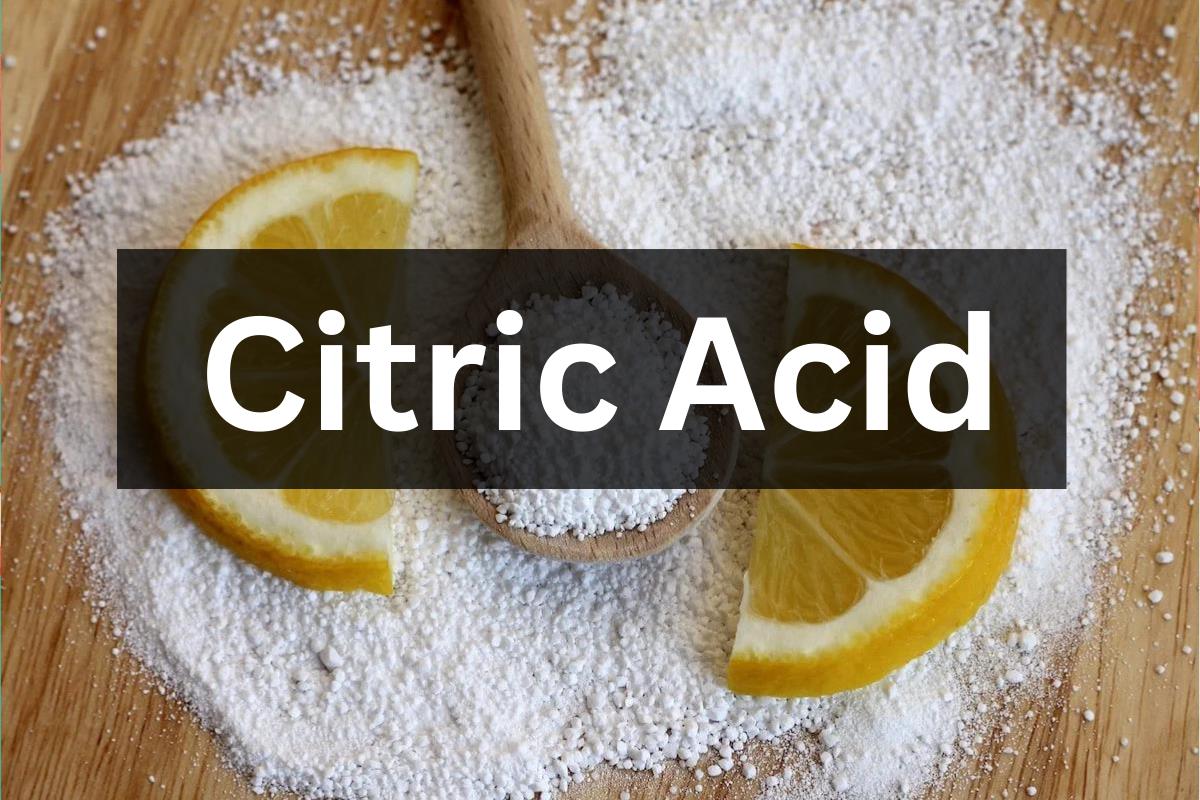Citric acid is such a common acid that most of the foods and drinks we consume contain it. For people with acid reflux, this can be a disadvantage. Below, Nawon will suggest drinks without citric acid for you to enjoy.
What is citric acid
Citric acid is a naturally occurring organic acid that is found abundantly in citrus fruits such as lemons, oranges, limes, and grapefruits. It is responsible for the tart and tangy taste that we associate with these fruits.
It’s often used as a food additive to give a sour taste to foods and beverages. Besides its culinary uses, citric acid is also utilized in various other industries, including cosmetics, pharmaceuticals, and cleaning products. Its acidic properties make it useful for tasks like cleaning and preserving, and it’s commonly found in household cleaners and personal care products.
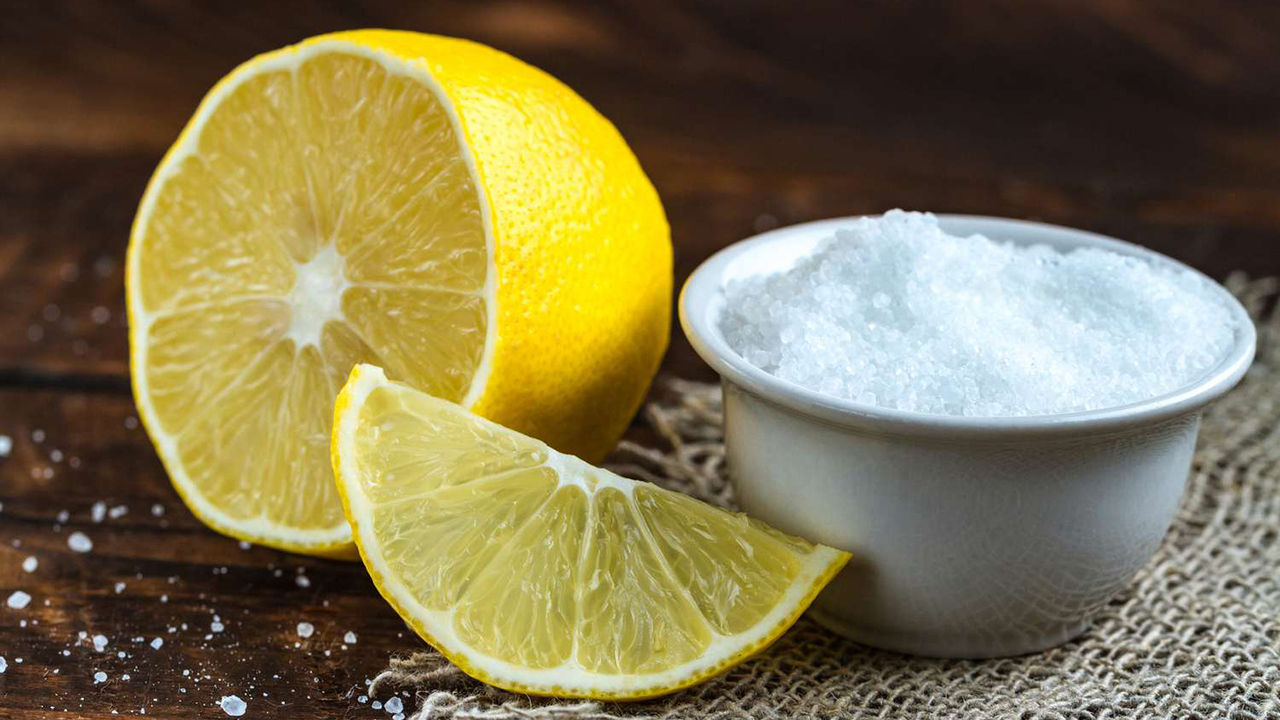
Type of acid citric
Natural citric acid
It’s not just sour citrus fruits that have naturally occurring citric acid, it seems that all plants and animals have small traces of citric acid. Foods that contain a lot of natural citric acid are citrus fruits, especially lemon juice. Other fruits and vegetables also contain some natural citric acid.
- Lemon
- lemon
- Oranges
- Grapefruit
- Berry
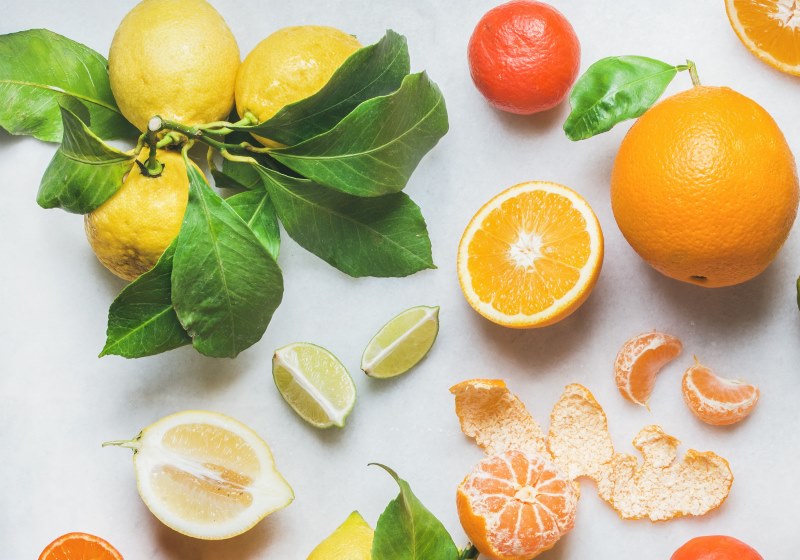
Artificial citric acid
Citric acid is added to foods and beverages, medications, personal care products, and cleaning products as artificial citric acid. Artificial citric acid is usually produced in the following two ways:
- Fermentation: One of the most common methods for producing citric acid is using the bacteria Aspergillus niger. This bacteria is grown in a medium containing glucose or other sugars. During fermentation, Aspergillus niger will convert glucose into citric acid through a series of biological reactions. The citric acid is then harvested from the fermentation solution through an extraction or crystallization process.
- Chemical process: Citric acid can also be produced through chemical reactions from chemical sources such as sugar, oil, or petroleum-derived carbon. This chemical synthesis involves a series of complex chemical reactions to produce citric acid.
Drinks without citric acid
Citric acid is a prevalent additive — not only is it in most fruits and vegetables, but it is also in many soft drinks, energy drinks and juice drinks. Since most fruits have citric acid, a natural fruit juice without citric acid are difficult to find. And because it is also used for both taste and preservation, citric acid use in drinks is widespread. According to Toxicology Reports, it is the second ingredient after water in some energy drinks.
For individuals who may be sensitive to citrus or acidity, there are a few options of drinks without citric acid. Because there tend to be more drinks that do have citric acid than don’t, the easiest way to double-check is to read nutrition labels before buying or consuming drinks.
Water
Purified water does not contain citric acid because it has a neutral pH. Therefore, it is the safest choice for people sensitive to citric acid. Water is part of a healthy daily routine, as staying hydrated is important to keep vital body functions running efficiently. Water is also the world’s most consume beverage.

Root beer
Root beer is a carbonated soft drink that is usually sweet and slightly spicy. It is made from a combination of water, sweeteners (such as sugar or high fructose corn syrup), and various flavorings, including root and herb extracts. Traditional root beer recipes typically do not include citric acid as an ingredient. Instead, their flavor is created from a combination of plant extracts, spices, and sweeteners. However, it is essential to check the ingredient list on commercially produced root beer products because the formula can vary between brands.
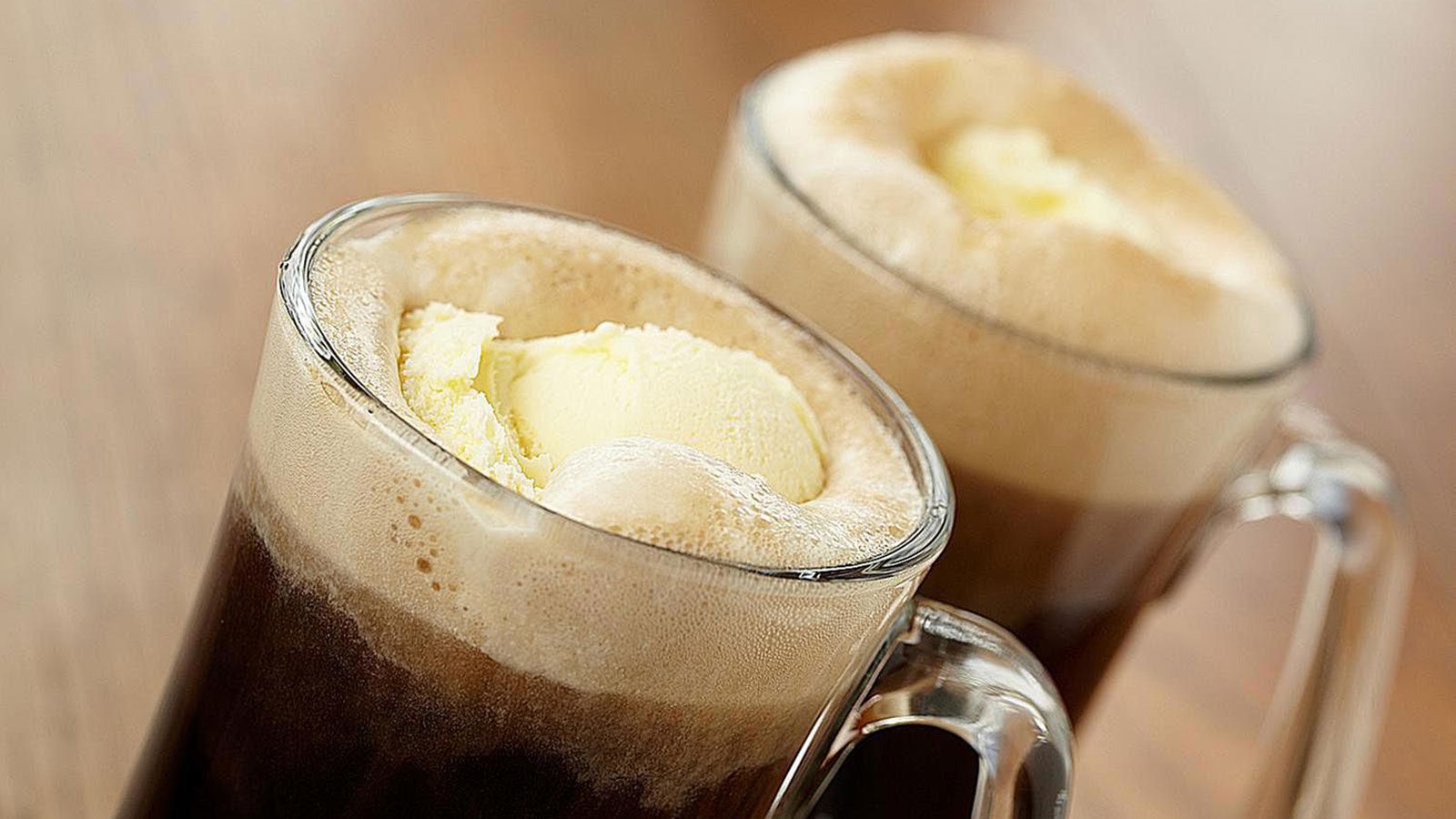
Green Tea
Green tea naturally has antioxidant properties that can reduce the risk of cardiovascular disease, diabetes and cancer. Green tea is alkaline and does not contain citric acid. However, care should be taken to distinguish green tea from fruit tea, flavored tea may have added citric acid. So it is safer to choose natural, unflavored green tea.
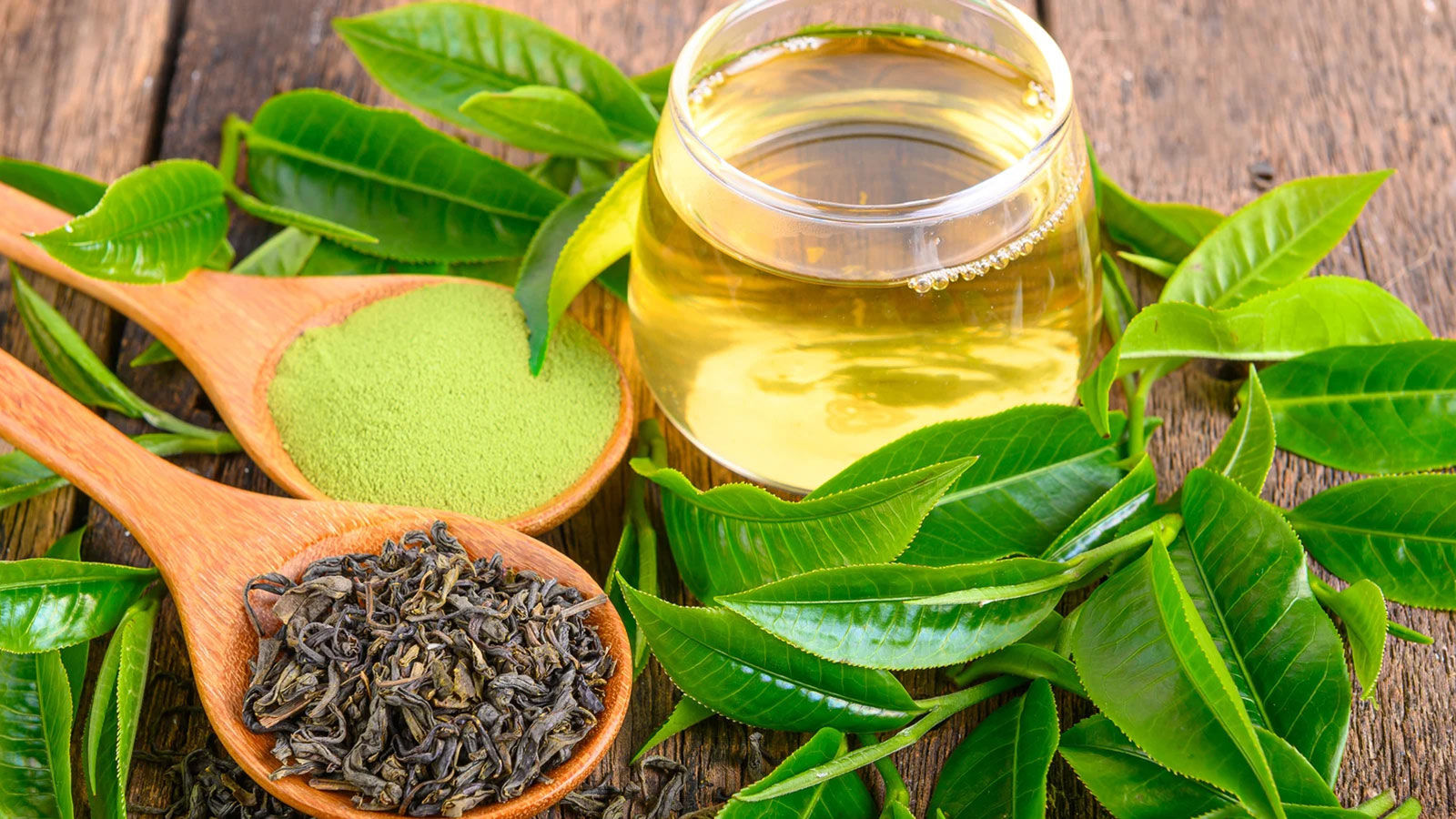
Milk and Milk Alternatives
In general, milk and many milk alternatives like almond milk, soy milk, and oat milk do not contain citric acid as an ingredient. These products are primarily made from water and the respective source of milk (e.g., dairy, almonds, soybeans, oats) along with any additional ingredients like sweeteners, stabilizers, and fortifiers.
However, it’s always a good idea to check the ingredient list on the packaging, especially for flavored or processed varieties of milk alternatives. Some flavored or fortified versions may include citric acid as a preservative or flavor enhancer, but it’s not a standard ingredient in plain milk or basic milk alternatives.
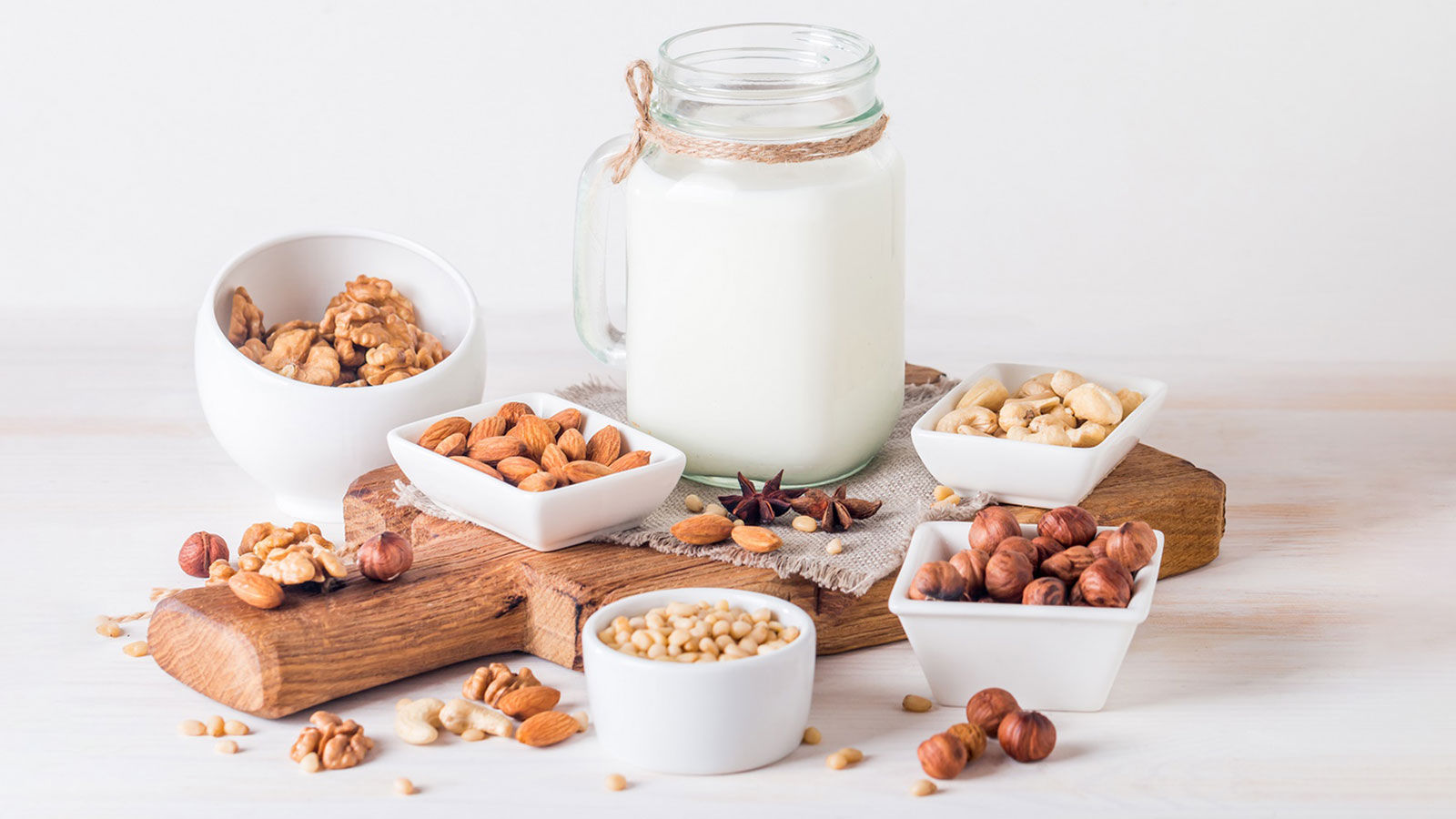
In these cases, you should not use drinks containing citric acid
While drinks containing citric acid can have numerous benefits, there are certain cases where it is advised to avoid or limit their consumption. Here are some situations where you should exercise caution:
Gastroesophageal reflux disease (GERD)
If you have GERD, a condition characterized by chronic acid reflux, consuming drinks high in citric acid may worsen your symptoms. The acidic nature of citric acid can irritate the esophagus and lead to heartburn or discomfort. It is best to opt for non-acidic alternatives in such cases.
Dental sensitivity or enamel erosion
If you have sensitive teeth or a history of enamel erosion, it is important to be cautious with drinks containing citric acid. The acidic nature of citric acid can further erode tooth enamel and worsen dental sensitivity. Limit your intake of acidic beverages and maintain good oral hygiene practices.
Stomach ulcers or gastritis
Individuals with stomach ulcers or gastritis may experience increased discomfort or irritation when consuming drinks high in citric acid. The acidic content can exacerbate the inflammation in the stomach lining and lead to pain or indigestion. It is recommended to choose beverages with lower acidity levels.
Kidney disease or kidney stones
While citric acid can help prevent certain types of kidney stones, individuals with existing kidney disease or a history of specific kidney stones should consult their healthcare provider before consuming citric acid-rich drinks. In some cases, excessive citric acid intake may not be suitable and could potentially worsen the condition.
Allergies or sensitivities
If you have a known allergy or sensitivity to citric acid, it is crucial to avoid drinks that contain it. Allergic reactions can range from mild to severe and may include symptoms like hives, itching, swelling, or difficulty breathing. It is important to read product labels carefully and choose alternatives that do not contain citric acid.
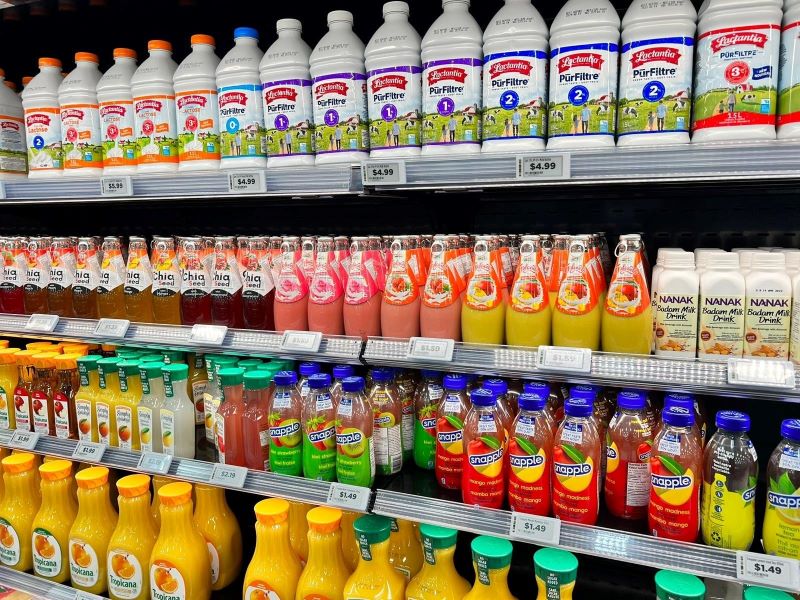
Uses of citric acid
Citric acid, with its versatile properties, finds a wide range of uses in various industries. Let’s explore some of the common applications of it:
- Food and beverage: Citric acid is often used as a natural sour agent or preservative in foods and drinks. It can be added to soft drinks, juices, pasta, jams, and many other food products to improve flavor and prolong shelf life.
- Pharmaceuticals: Citric acid is used in the pharmaceutical industry as a pH regulator and as a secondary ingredient in many medications and capsules.
- Personal Care: In personal care products such as toothpaste, shampoo, toner and other cosmetics, citric acid can be used as a pH regulator, antioxidant or skin softener. soft.
- Cleaning products: Citric acid is commonly used in cleaning products such as household cleaners, detergents, and personal hygiene products such as soap, because of its ability to remove residue and build-up as well as Surface Cleaning.
- Bleaching and beautifying agents: In the beauty industry, citric acid can be used in skin bleaching products, hair care products, and other skin care products.
- Brightening and softening agent: Citric acid can also be used in brightening and softening fabrics, especially when washing clothes or in cleaning the dishwasher.
Managing acid reflux requires careful attention to your diet and lifestyle. Consuming drinks without citric acid and choosing options such as herbal tea, fruit juice, etc., is one of the ways to help you enjoy a variety of delicious drinks without causing symptoms. Additionally, incorporating strategies such as eating small meals, avoiding trigger foods, and maintaining a healthy lifestyle can help control acid reflux more effectively.

